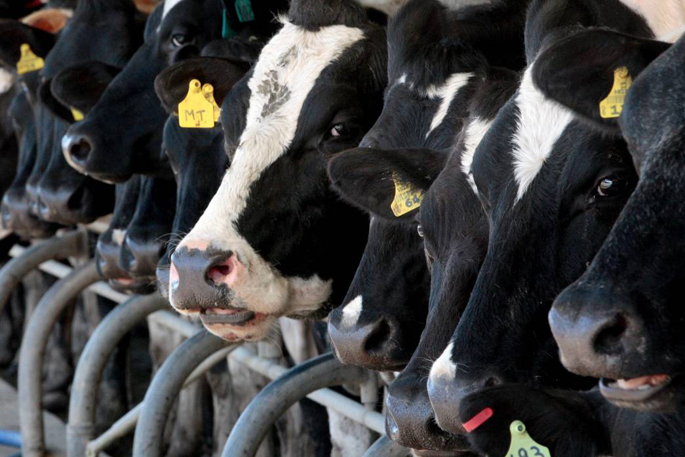As thousands of schoolchildren held nationwide strikes to demand action on climate change, 200 dairy farmers gathered in Rotorua to hear the latest science around ways the industry can lower its emissions.
What they heard at the DairyNZ Farmers Forum was there are no silver bullets to help the industry lower its emissions enough to hit the 47 per cent target by 2050 outlined in the Zero Carbon Bill currently going through Parliament.
DairyNZ chief executive Tim Mackle says he supported the principle of what the students were striking on.
"We all agree that we have to do something about what is potentially our greatest challenge, but the question is what contribution New Zealand should play? What does success look like and how are we going to get there?"
This is why industry groups had criticised the 2050 target, he says.
"I don't believe we can achieve 47 per cent of reduced methane without taking feed and animals out of the system."
He says the students had the right to be worried.
"I think about it with my own kids and potential grandkids. I totally get where they are coming from."
At a farm level, the dairy industry has begun its dairy action for climate change, but it had been researching climate change mitigation for a lot longer, he says.
"There are some real potential in those products."
Those ranged from low emission producing GE ryegrass, new forage crops, to a methane inhibiting vaccine dubbed "the holy grail" by DairyNZ general manager of new systems David McCall.
He says the grass had the potential to reduce methane belching in livestock by 10 per cent but would require a law change for it to be allowed in New Zealand.
There was also increasingly solid evidence that plantain could significantly reduce nitrate leaching.
"Methane is tricky. There is a direct correlation between the amount of methane produced and the amount of food eaten and breaking that correlation is the big challenge for the scientists."
New Zealand special agricultural trade envoy Mike Petersen told farmers it was "the direction of travel" around environmental mitigation that was key for consumers.
"They want to know you're on the journey. They want to know that you're on the bus around environmental stewardship and things like carbon and they want to know that you're doing your thing to contribute to a better world."
Mike says creating value in their products was not about more animals, but creating more value with what they had.
"I know that's always a tough message for the dairy sector but I can assure you, we're getting it in the sheep and beef sector as well," he says.



0 comments
Leave a Comment
You must be logged in to make a comment.